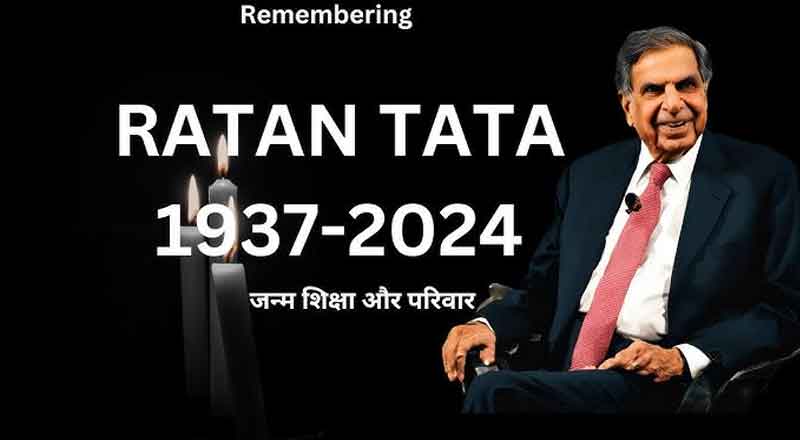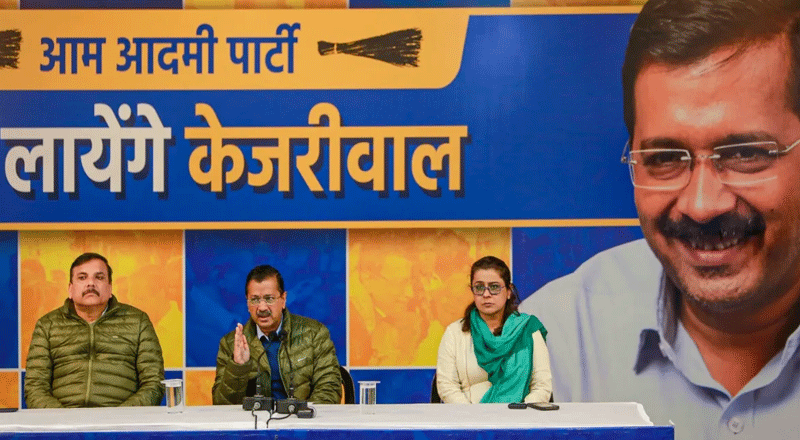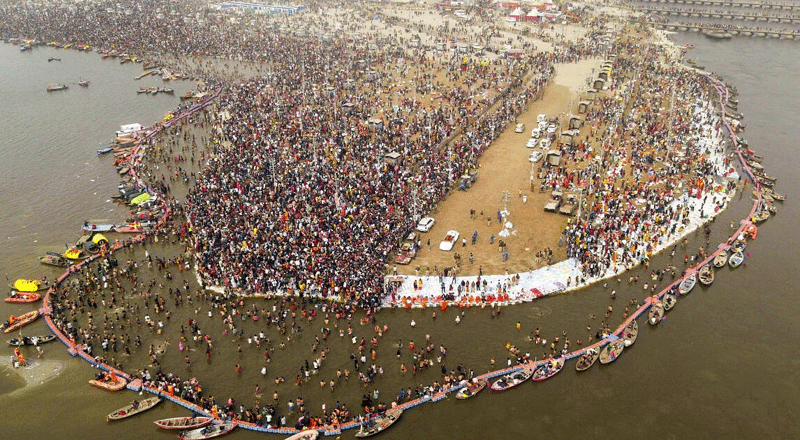The nation bids an emotional goodbye to the visionary industrialist whose humility, philanthropy, and leadership reshaped India’s business landscape. With full state honors, Ratan Tata’s legacy will continue to inspire generations.
A Nation in Mourning
India woke up to a somber reality on October 9, 2024, with the news of the passing of Ratan Tata at the age of 86. This towering figure in the country’s industrial history was more than a businessman—he was a philanthropist, a mentor, and a humble leader. The world lost a guiding light, but his spirit continues to live on in the values he left behind.
Today, the National Centre for Performing Arts (NCPA) lawns in Mumbai’s Nariman Point have become a site of pilgrimage. People from all walks of life have come to pay their last respects to the man who, despite his colossal success, remained deeply connected to the people of his country. The outpouring of grief is not just for a corporate leader, but for a man whose humanity touched the lives of millions.
A Life of Quiet Grandeur
Born on December 28, 1937, into the illustrious Tata family, Ratan Tata inherited a legacy but carved out his own path through perseverance, vision, and an innate understanding of what the future of business could look like. He was the great-grandson of Jamshedji Tata, the founder of the Tata Group, and yet his journey was anything but preordained.
His early life was shaped by both privilege and challenge. Raised by his grandmother after his parents separated, Ratan Tata learned the value of resilience. He attended the Cathedral and John Connon School in Mumbai and later moved to the United States for his higher education, where he studied architecture at Cornell University. It was during his time in Los Angeles that he almost found love, but life had other plans. His return to India in the 1960s marked the beginning of a career that would redefine what leadership meant.
Ratan Tata started from the ground up, managing operations at Tata Steel’s Jamshedpur plant. This hands-on experience deeply influenced his leadership style, which would later come to embody humility, integrity, and a steadfast commitment to ethical business practices.
The Rise of a Global Leader
Ratan Tata took over the helm of the Tata Group in 1991, at a pivotal moment in India’s economic history. The liberalization of the Indian economy was underway, and Tata seized this opportunity with both hands. Under his leadership, the Tata Group expanded its global presence with high-profile acquisitions that would turn it into a multinational powerhouse. From Tata Tea’s acquisition of Tetley to Tata Motors’ purchase of Jaguar Land Rover, and Tata Steel’s acquisition of Corus, he transformed the company from a local player into a global conglomerate.
Despite managing over 30 companies that operated across 100 countries and six continents, Ratan Tata’s personal life remained remarkably unassuming. He was never motivated by personal wealth, and unlike many of his contemporaries, he never featured on billionaire lists. For him, success wasn’t about personal gain but about how his work could contribute to society at large.
In 2009, he made good on his promise to deliver the world’s most affordable car, the Tata Nano, priced at ₹1 lakh. Though the car didn’t achieve commercial success, it was emblematic of Tata’s innovative thinking and his desire to make the impossible possible for India’s middle class.
A Heartfelt Goodbye
Ratan Tata’s passing has been met with an overwhelming sense of loss, not only in the corridors of corporate power but in the hearts of ordinary Indians. Maharashtra Chief Minister Eknath Shinde declared a day of mourning, with the national flag flying at half-mast across government offices. Public events and celebrations have been cancelled as the state pauses to remember one of its greatest sons.
Today, thousands of mourners gather to pay their respects at the NCPA, where Tata’s body lies in state. From 10 AM to 4 PM, people have the opportunity to say their goodbyes to a man who redefined corporate leadership and who, even in his final days, remained in high spirits. Just days before his passing, Tata reassured his followers on social media that he was undergoing routine medical check-ups and was feeling well.
“Thank you for thinking of me,” he wrote, brushing aside the rumors about his deteriorating health with the same grace that had characterized his entire life.
The final rites will be performed at the Worli crematorium with full state honors. Home Minister Amit Shah will represent the Government of India at the funeral, as Prime Minister Narendra Modi is away attending the ASEAN-India and East Asia summits in Laos. Modi, however, expressed his deep sorrow, calling Ratan Tata “a visionary business leader, a compassionate soul, and an extraordinary human being.”
Legacy Beyond Business
The loss of Ratan Tata marks the end of an era in Indian business. His legacy extends far beyond the Tata Group. Through his philanthropic efforts, he has touched the lives of millions of Indians, helping to improve education, healthcare, and rural development across the country. His charitable trust, Tata Trusts, continues to play a pivotal role in numerous sectors, a testament to his belief that business must serve society.
Ratan Tata’s life serves as a reminder that true leadership isn’t about power or wealth; it’s about using influence to bring about meaningful change. His decision to never marry was, perhaps, symbolic of his all-encompassing commitment to the people of India. Though he came close to marriage on several occasions, he remained devoted to his work, driven by a love for his country and its future.
A Final Word from Those Who Loved Him
As the world grieves, N Chandrasekaran, Chairman of Tata Sons, summed up the collective sentiment: “It is with a profound sense of loss that we bid farewell to Mr. Ratan Naval Tata, a truly uncommon leader whose immeasurable contributions have shaped not only the Tata Group but also the very fabric of our nation.”
The profound sense of loss is echoed across the country. Ratan Tata’s passing is more than the end of a corporate legacy—it is the departure of a man who made every Indian feel proud, and whose humility made him accessible to all.
India will forever remember Ratan Tata not just for what he did, but for who he was.
(With inputs from agencies)





